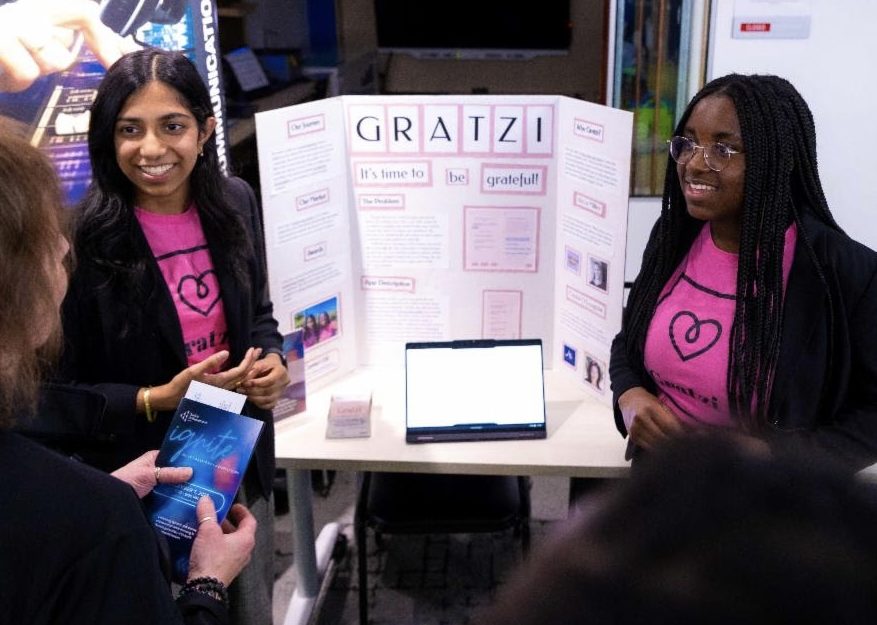Mental health issues have risen in recent years, especially after the COVID-19 pandemic. Experts are rapidly searching for new medications and therapies to treat the surging mental health crisis, but recent research suggests that something as simple as gratitude could be the answer to treating a variety of mental disorders.
Seniors Sreya Subramanian and Zoke Sackih recently won second place in the Junior Achievement Pitchfest for their app, Gratzi, which helps users practice gratitude. To help with development, they will receive $350 in prize money and potentially more through external investments. Gratzi has not been released yet in any form, but the developers are planning for a soft launch around February where they will release the app to community members.
Subramanian and Sackih created Gratzi to encourage users to record instances when they feel grateful. Upon opening the app, a prompt appears asking questions such as “What are you grateful for today?” or “What in nature inspires you?” so the user can respond with an instance when they felt happy. A typical response could be as simple as spending time with family or going on a hike. Users can randomize the prompts for variety, but they all encourage the user to think about gratitude. After submitting an entry, it is listed under the user’s Today’s Entries category. At the end of the day, all entries disappear and return at the end of the month to remind the user what they appreciate.
The main inspiration for Gratzi originated in Subramanian and Sackih’s AP World History class. Their teacher, Kristin Heinz, told them about how she wrote down what she felt gratitude for. They remembered this when brainstorming ideas for Technovation, a competition encouraging girls to learn computer science and develop an app. “We remembered Mrs. Heinz practicing gratitude, and we wanted to bring gratitude to our communities and to the greater world,” Sackih said.
Two psychologists from the University of California Davis and the University of Miami conducted a study testing the impact of writing down moments a person felt grateful for. After 10 weeks, the group that wrote about gratitude showed more optimism about their lives and began practicing healthier habits like exercising more. “There’s also a scientific aspect of it because at the end of the month, when you see all your entries, and you see everything that you were grateful for, you feel happy, and you get a boost of dopamine and serotonin,” Sackih said.
Serious mental health issues may need medical attention, so Gratzi includes a resources tab to give users a list of more serious options such as the National Suicide Prevention Hotline and the Trevor Project. “Gratzi is not really aimed at curing mental health but rather taking steps towards it. And of course, there are times when users can have a pretty bad day and Gratzi should be a safe place for them to go,” Subramanian said.
As with all app development, the developers have many obstacles to overcome. On the business side, they struggle to find a way to include in-app purchases while keeping Gratzi a free-to-download app. Since mental health resources should be accessible for all, they plan on adding optional features as a way they could still make a profit and sustain the app. They also want to make their app usable by a wide range of people, not limiting themselves to young adults and English speakers, so they plan on adding more features like color and language options.
With Gratzi, Subramanian and Sackih hope they can help many people maintain good mental health and become mindful of the things they feel gratitude for. “Over time, it’ll become easier to recognize that [you can feel grateful] so it’s not something that you really struggle with or that you have to think long periods of time about, but rather just go throughout your day and be like, ‘This is something that makes me happy and I’m gonna remember that,’” Subramanian said.



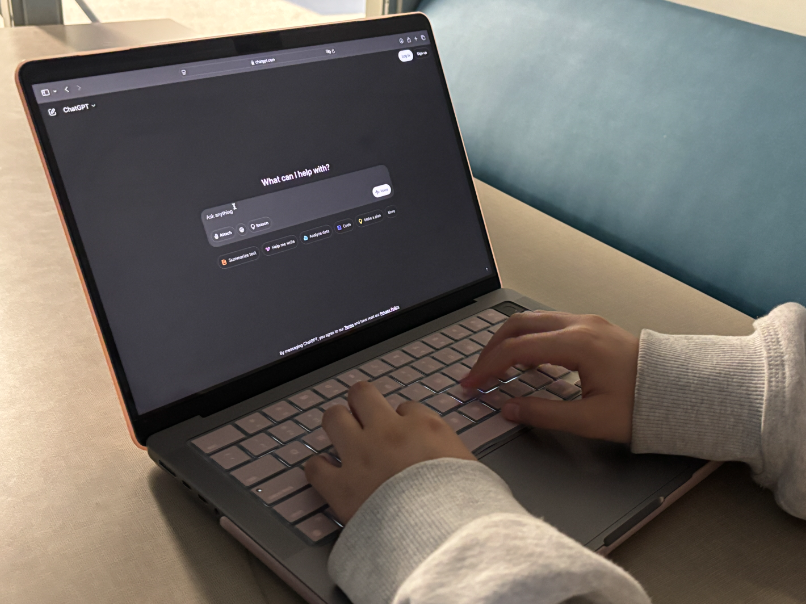


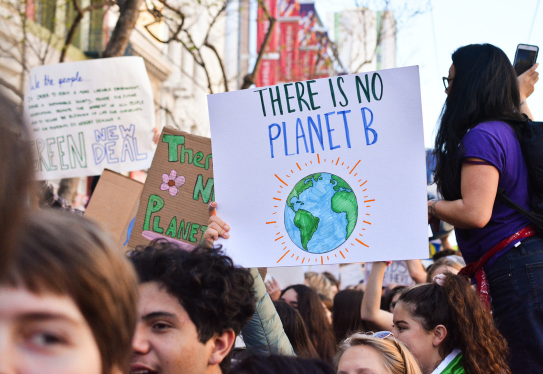





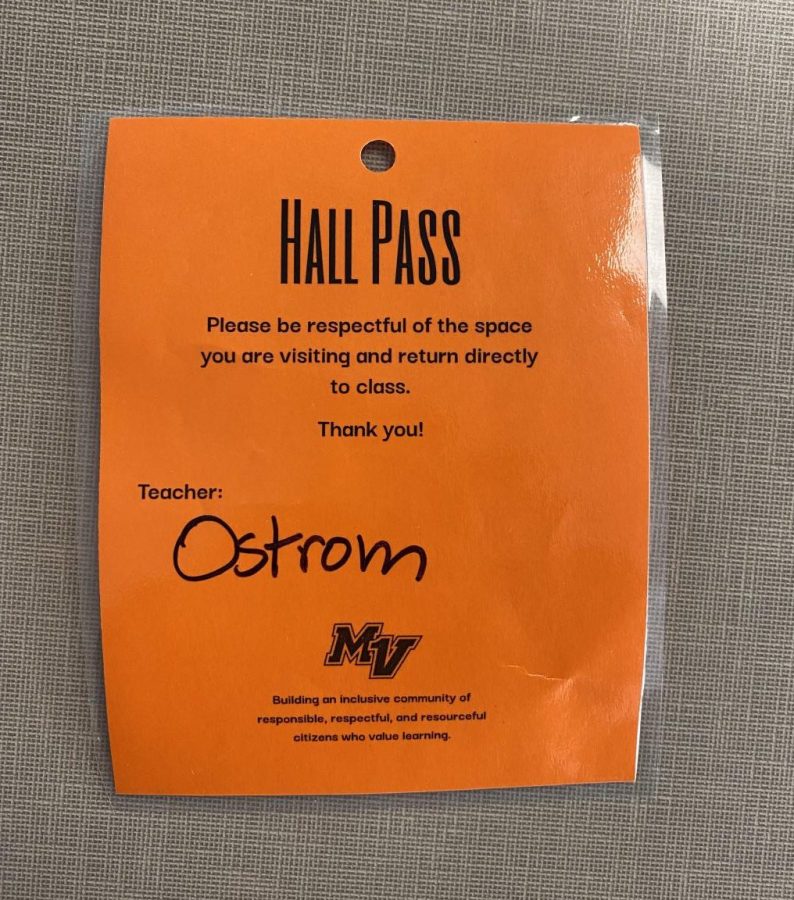


![[DEBATES] Prestigious colleges: value or hype?](https://www.mvviewer.org/wp-content/uploads/2024/12/buildings-1200x654.png)

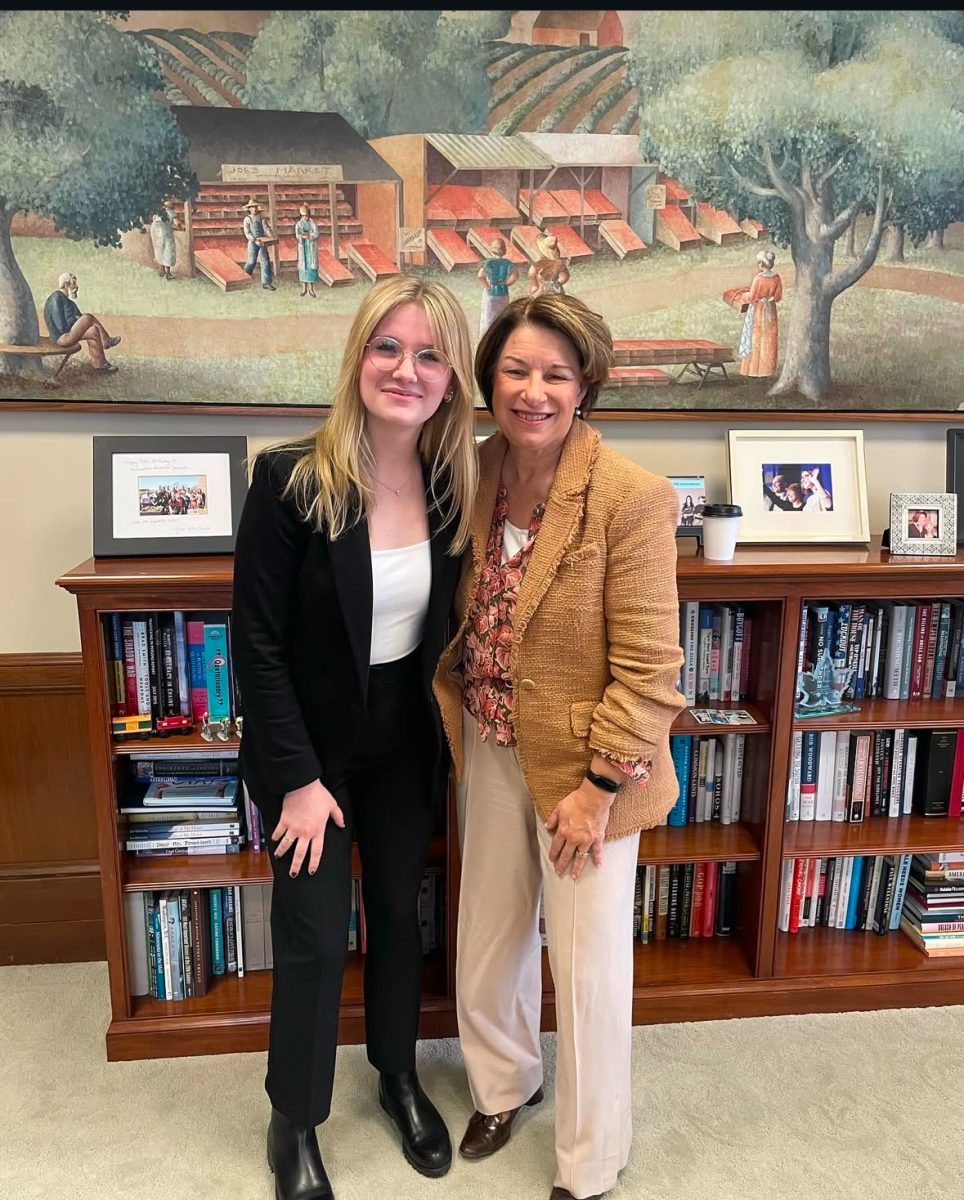
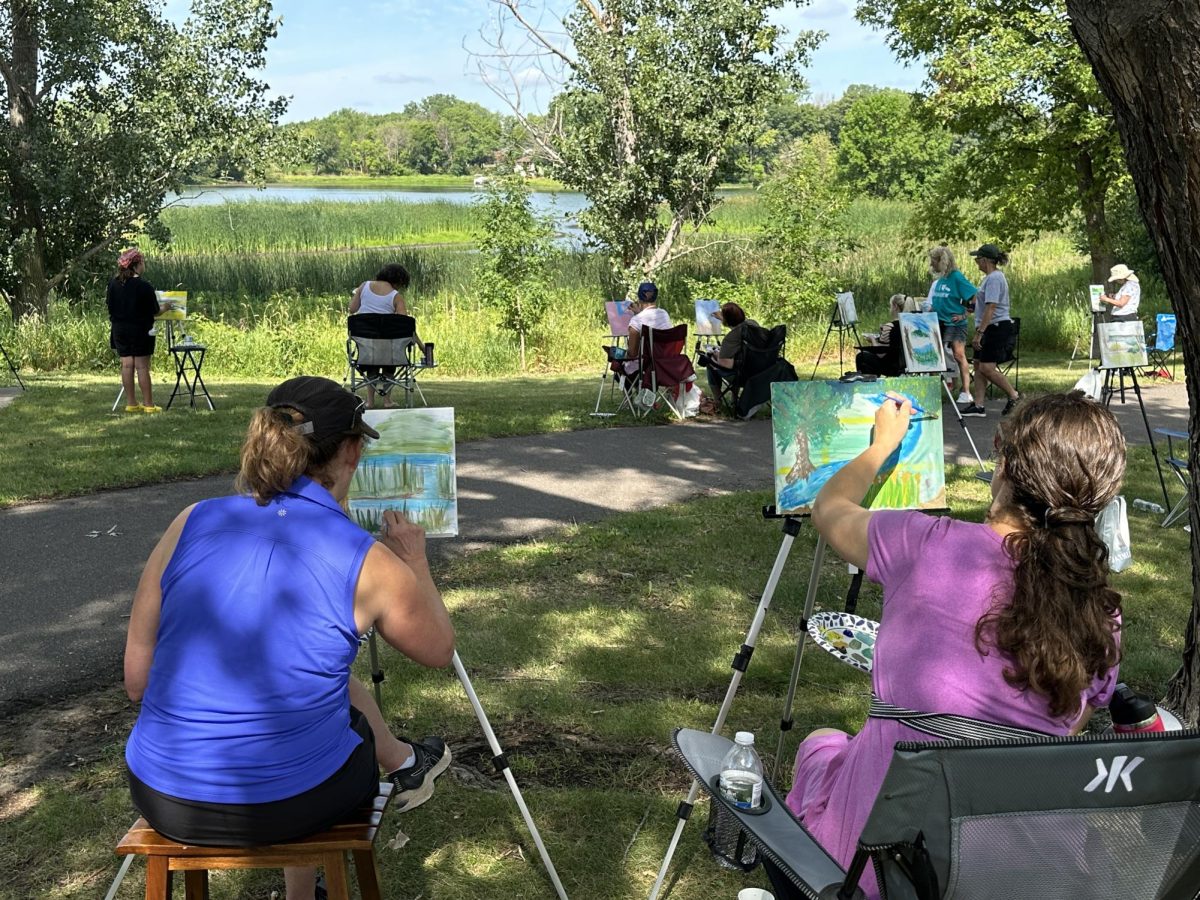
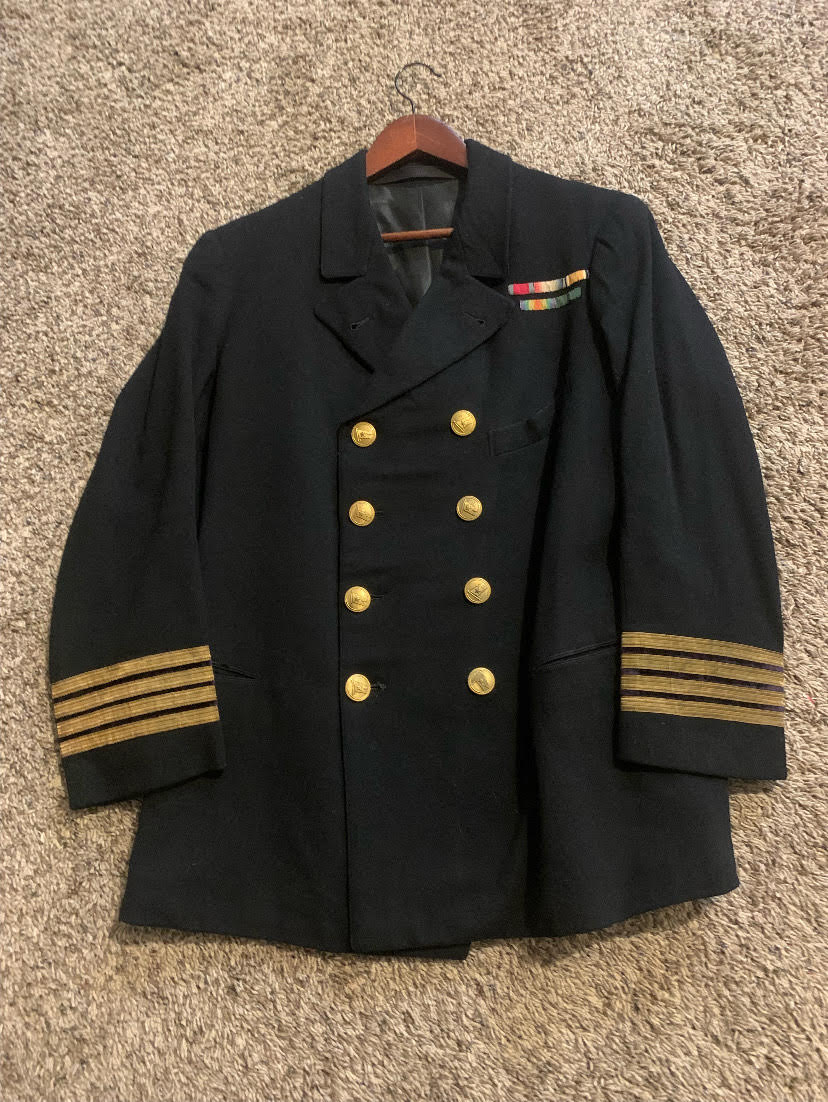
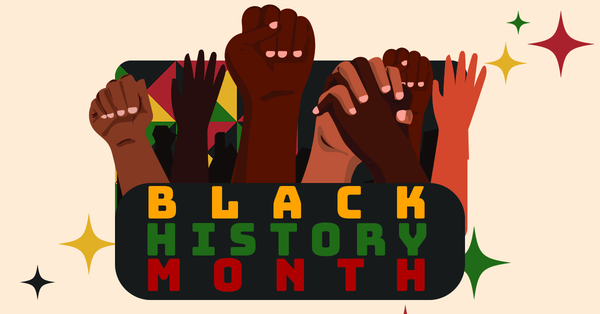
















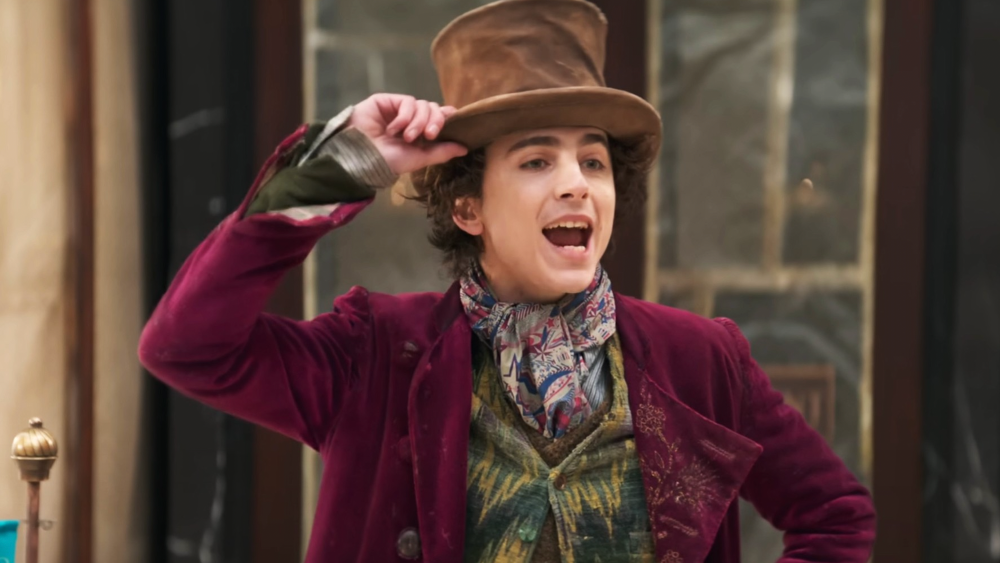
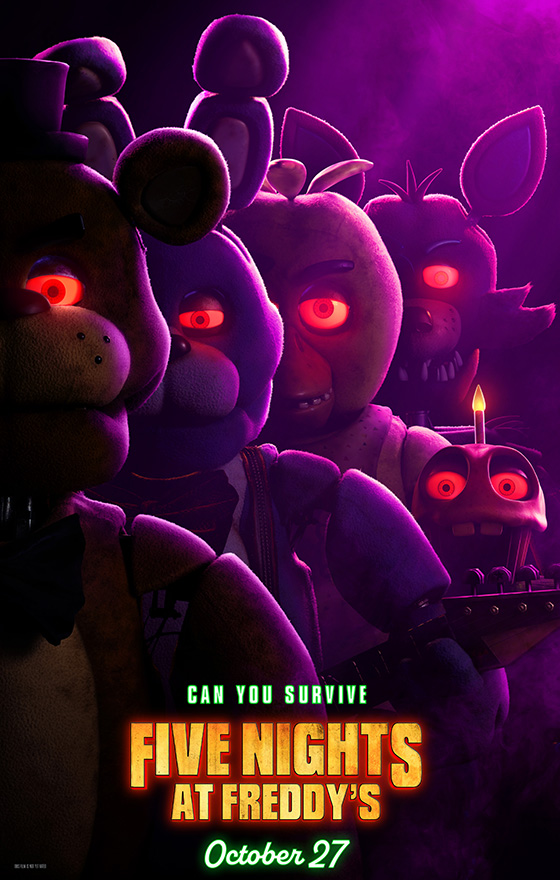









![[OPINION] The dark origins of TikTok's looksmaxxing trend](https://www.mvviewer.org/wp-content/uploads/2024/02/Copy-of-Copy-of-Untitled-Design-1200x675.png)









